We often talk about travelling responsibly. Today, we’d like to highlight what we mean when we talk about “responsible travel”. Whatever your reason for travelling to a new country is, there are things you can do to make your visit more responsible. Apart from explaining exactly what responsible travel is, we’ve thrown in some tips and tricks to try so you can become a great responsible traveller.
What is a Responsible Traveller?
As opposed to just travelling without a care in the world, responsible travellers consider the impacts of their actions and focus on trying to make choices with positive ripple effects. Those who travel responsibly are simply more socially, culturally and environmentally aware. And there are some simple ways to do this.
It’s actually quite easy to become a responsible traveller. For example, negotiating a fair price for an item at a local shop will help! Why? Well, you’re considering the local culture and economy. These considerate actions will have a small but meaningful and beneficial effect on local communities. It is not only the means by which you choose to travel and the activities you participate in, but also your small, daily actions that can have a meaningful impact, for good or ill!
Whys is Responsible Travel Important?
Travelling can have a negative impact on the world, especially if you stay in giant hotels or eat at chain restaurants, get the hotels to replace your towels every day, or leave the lights or air conditioning on in your room. Being a conscious traveller and travelling responsibly matters. By being a responsible traveller, you can help preserve local communities and cultures, contribute to local economies, and help preserve the environment and wildlife too.
10 Tips on How to be a Responsible Traveller
Support local businesses
Local businesses benefit greatly from your business. Choose them over big name giants. This starts with choosing a local hotel run by locals. And bonus: Eating and drinking local is a great way to truly immerse yourself in a new culture.
Use public transport
By doing this, you’ll not only reduce your carbon footprint, but you’ll also meet local people and understand the area much better. Hiring a bike, or even walking, is another great way to get around town. Read our responsible travel tips blog on transport for even more ways to get around town!
Choose Ethical Wildlife Activities
Wildlife tourism is a big business centered around profits rather than the well-being of animals. When booking an activity involving wildlife, consider if you will be contributing to the distress of the animals or the wealth of the tour operator.
Dispose Your Waste Properly
Many countries do not properly recycle and burn trash, including plastics, which can be very toxic for locals inhaling the fumes. One easy way to reduce waste is to bring a reusable water bottle that you can fill up with drinkable water from larger jugs in hotels or restaurants. You may also consider not using plastic bags when you shop, or bringing them back home with you so you can properly recycle them.
Dress Appropriately
There are different local standards for dress in each and every country. Some require you to dress modestly, especially in religious areas. Other destinations might be more relaxed. Make sure you check before you travel so you know what will be deemed appropriate, but if you’re in doubt, cover up! For example; for those of you travelling to Thailand, you might want to know how to dress ‘Riap Roy’ when visiting cultural heritage sites and temples.
Bargain Responsibly
Bargaining in local markets is always fun, but try to think of the bigger picture when doing so. Think of how much that extra dollar could help the local artisan promote or maintain his business, rather than just trying to “win” over a dollar.
Learn a language
Learning the local lingo, or local greeting gestures, is a great way to show locals that you are making an effort to learn their language. Some of our projects in Ecuador, Costa Rica and Peru enable you to learn a language during your volunteering experience!
Spread Your Responsible Travel Savviness
The more we all know about how to travel responsibly, the better the world will be. So go ahead, share your knowledge and help your friends and family be responsible travellers too!
Travel with Kaya and volunteer
Give back to the community you are visiting! We pride ourselves on providing sustainable and ethical projects that contribute positively to communities, the local environment and all forms of wildlife. All of our projects are vetted, so you will have complete peace of mind while volunteering with us. Working to give back to local communities while protecting the world’s ecosystems is a brilliant way to travel responsibly.
There are plenty of other ways you can travel in a responsible way, if you want more ideas then head over to our responsible travel page! If you’ve decided that you’d like to be a responsible traveller with Kaya, then make sure you request a call back or more information from one of our placement advisors today.
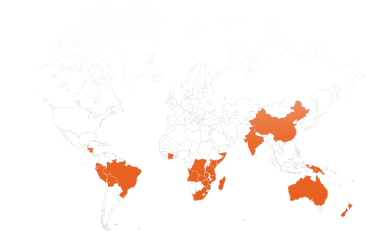
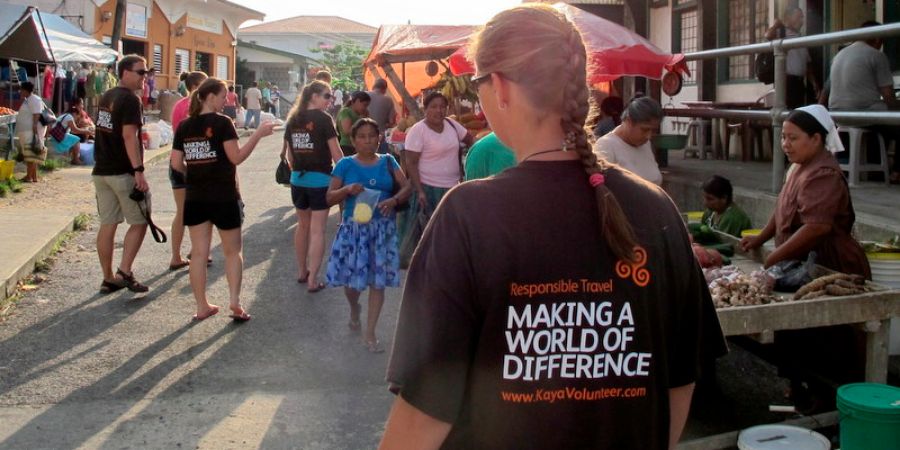
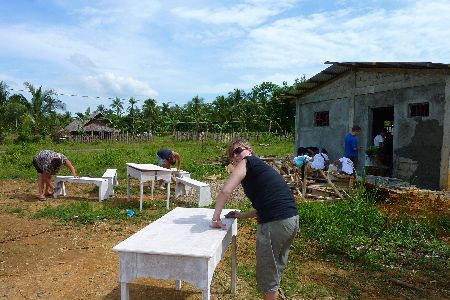
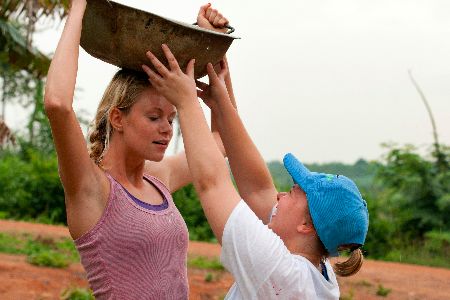
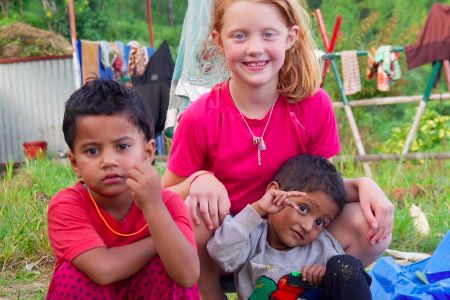
Recent comments